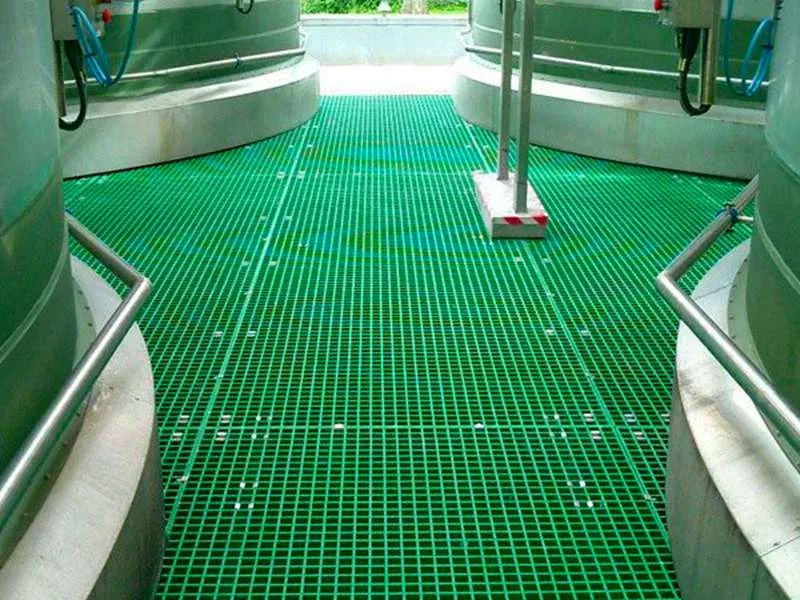
-
 Afrikaans
Afrikaans -
 Albanian
Albanian -
 Amharic
Amharic -
 Arabic
Arabic -
 Armenian
Armenian -
 Azerbaijani
Azerbaijani -
 Basque
Basque -
 Belarusian
Belarusian -
 Bengali
Bengali -
 Bosnian
Bosnian -
 Bulgarian
Bulgarian -
 Catalan
Catalan -
 Cebuano
Cebuano -
 China
China -
 China (Taiwan)
China (Taiwan) -
 Corsican
Corsican -
 Croatian
Croatian -
 Czech
Czech -
 Danish
Danish -
 Dutch
Dutch -
 English
English -
 Esperanto
Esperanto -
 Estonian
Estonian -
 Finnish
Finnish -
 French
French -
 Frisian
Frisian -
 Galician
Galician -
 Georgian
Georgian -
 German
German -
 Greek
Greek -
 Gujarati
Gujarati -
 Haitian Creole
Haitian Creole -
 hausa
hausa -
 hawaiian
hawaiian -
 Hebrew
Hebrew -
 Hindi
Hindi -
 Miao
Miao -
 Hungarian
Hungarian -
 Icelandic
Icelandic -
 igbo
igbo -
 Indonesian
Indonesian -
 irish
irish -
 Italian
Italian -
 Japanese
Japanese -
 Javanese
Javanese -
 Kannada
Kannada -
 kazakh
kazakh -
 Khmer
Khmer -
 Rwandese
Rwandese -
 Korean
Korean -
 Kurdish
Kurdish -
 Kyrgyz
Kyrgyz -
 Lao
Lao -
 Latin
Latin -
 Latvian
Latvian -
 Lithuanian
Lithuanian -
 Luxembourgish
Luxembourgish -
 Macedonian
Macedonian -
 Malgashi
Malgashi -
 Malay
Malay -
 Malayalam
Malayalam -
 Maltese
Maltese -
 Maori
Maori -
 Marathi
Marathi -
 Mongolian
Mongolian -
 Myanmar
Myanmar -
 Nepali
Nepali -
 Norwegian
Norwegian -
 Norwegian
Norwegian -
 Occitan
Occitan -
 Pashto
Pashto -
 Persian
Persian -
 Polish
Polish -
 Portuguese
Portuguese -
 Punjabi
Punjabi -
 Romanian
Romanian -
 Russian
Russian -
 Samoan
Samoan -
 Scottish Gaelic
Scottish Gaelic -
 Serbian
Serbian -
 Sesotho
Sesotho -
 Shona
Shona -
 Sindhi
Sindhi -
 Sinhala
Sinhala -
 Slovak
Slovak -
 Slovenian
Slovenian -
 Somali
Somali -
 Spanish
Spanish -
 Sundanese
Sundanese -
 Swahili
Swahili -
 Swedish
Swedish -
 Tagalog
Tagalog -
 Tajik
Tajik -
 Tamil
Tamil -
 Tatar
Tatar -
 Telugu
Telugu -
 Thai
Thai -
 Turkish
Turkish -
 Turkmen
Turkmen -
 Ukrainian
Ukrainian -
 Urdu
Urdu -
 Uighur
Uighur -
 Uzbek
Uzbek -
 Vietnamese
Vietnamese -
 Welsh
Welsh -
 Bantu
Bantu -
 Yiddish
Yiddish -
 Yoruba
Yoruba -
 Zulu
Zulu
fiberglass pipe
Understanding Fiberglass Pipes Advantages and Applications
Fiberglass pipes, also known as fiberglass reinforced plastic (FRP) pipes, have emerged as a popular choice in various industrial applications due to their unique properties and advantages. These pipes are made from a composite of resin and glass fibers, making them not only lightweight but also incredibly strong and durable. This article delves into the benefits and applications of fiberglass pipes, showcasing why they are preferred over traditional materials such as steel or concrete.
One of the most significant advantages of fiberglass pipes is their corrosion resistance. Unlike metal pipes, which can rust and deteriorate over time, fiberglass pipes do not corrode when exposed to harsh chemicals or environmental conditions. This property makes them ideal for applications in industries such as chemicals, oil and gas, and wastewater treatment, where pipes are often subjected to aggressive substances. By choosing fiberglass, companies can reduce maintenance costs and extend the lifespan of their piping systems.
Another benefit of fiberglass pipes is their lightweight nature. Compared to steel or concrete pipes, fiberglass pipes are considerably lighter, which simplifies transportation and installation. Reduced weight means that less heavy machinery is required during installation, leading to lower labor costs and increased efficiency. This aspect is particularly beneficial in remote locations where access to heavy equipment may be limited.
fiberglass pipe

The flexibility and versatility of fiberglass pipes further enhance their appeal. They can be manufactured in various sizes and shapes to meet specific project requirements. Additionally, fiberglass pipes can be installed in a range of configurations, including above-ground, below-ground, and submerged applications. This adaptability makes them suitable for diverse sectors such as agriculture, mining, and civil engineering.
Fiberglass pipes also demonstrate excellent thermal insulation properties. They can withstand extreme temperatures, making them suitable for both hot and cold fluid transportation. This thermal resilience is vital for industries that handle fluids at varying temperatures, ensuring that the integrity of the system is maintained.
Moreover, fiberglass pipes have a smooth inner surface, which reduces friction and improves flow efficiency. This characteristic not only enhances the performance of fluid transport systems but also minimizes energy consumption, offering an environmentally friendly option.
In summary, fiberglass pipes represent a modern solution to various piping needs across multiple industries. Thanks to their corrosion resistance, lightweight nature, flexibility, thermal insulation, and smooth flow characteristics, they are increasingly becoming the material of choice for engineers and project managers. As industries continue to seek durable and efficient solutions, the use of fiberglass pipes is expected to grow, paving the way for innovative applications in the years to come.









